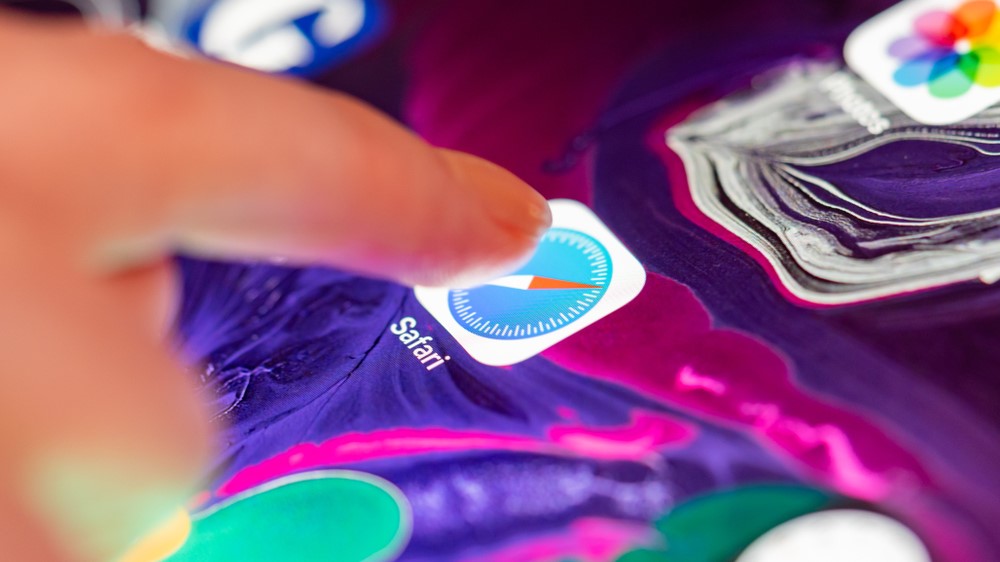Safari gets huge privacy boost — time to ditch Chrome?
We love cookies — just not in our devices, thanks!

Apple rolled out a new software update for Safari, and now, by default, the latest version blocks those pesky hidden files that websites store in users' devices called cookies (via Engadget).
Thanks to the release of version 13.1, Safari is the first mainstream browser to hinder cookies by default (The ultra-private, Android-based Tor Browser made this move before Apple). The Cupertino-based tech giant achieved this, in part, by making updates to Safari's Intelligent Tracking Prevention (ITP)
- How to Delete Cookies and Stored Website Data in Safari
- Edge fails browser security rankings — but Microsoft isn't buying it
- That virus is disrupting your life again is coming for your Google Chrome updates
John Wilander, an engineer behind Apple’s WebKit, wrote in a blog post that cookie locking has many benefits, including the removal of "statefulness," which means websites won't be able to easily snatch users' activity data for future sessions. Disabling cookies will also block websites from discovering which platforms visitors are logged into. For example, it'll be harder for third parties to know you're logged into Facebook and Twitter.
The move isn't a huge deal though, because Apple has been blocking third-party tracking for quite some time now.
"It might seem like a bigger change than it is," said Wilander. "But we've added so many restrictions to ITP since its initial release in 2017 that we are now at a place where most third-party cookies are already blocked in Safari."
As ZDNet points out, Apple's decision doesn't mean Safari is blocking all user tracking. Rather, only the tracking processes that involve planting cookies into Safari, which get "rechecked" to identify the user as they crawl the internet, are affected.
"Other user tracking solutions, such as user/browser fingerprinting, will most likely continue to work," ZDNet wrote.
Stay in the know with Laptop Mag
Get our in-depth reviews, helpful tips, great deals, and the biggest news stories delivered to your inbox.
Apple may have outrun Google in the race for cookie blocking, but last May, Google announced plans to impede third-party cookies on Chrome and prevent advertisers from following you around the web.
Last month, the search-engine giant released Chrome version 80 with support for third-party blocking, but the feature won't roll out to all Chrome users until 2022. Google, by the way, is currently pausing updates in light of the global pandemic.
Kimberly Gedeon, holding a Master's degree in International Journalism, launched her career as a journalist for MadameNoire's business beat in 2013. She loved translating stuffy stories about the economy, personal finance and investing into digestible, easy-to-understand, entertaining stories for young women of color. During her time on the business beat, she discovered her passion for tech as she dove into articles about tech entrepreneurship, the Consumer Electronics Show (CES) and the latest tablets. After eight years of freelancing, dabbling in a myriad of beats, she's finally found a home at Laptop Mag that accepts her as the crypto-addicted, virtual reality-loving, investing-focused, tech-fascinated nerd she is. Woot!

